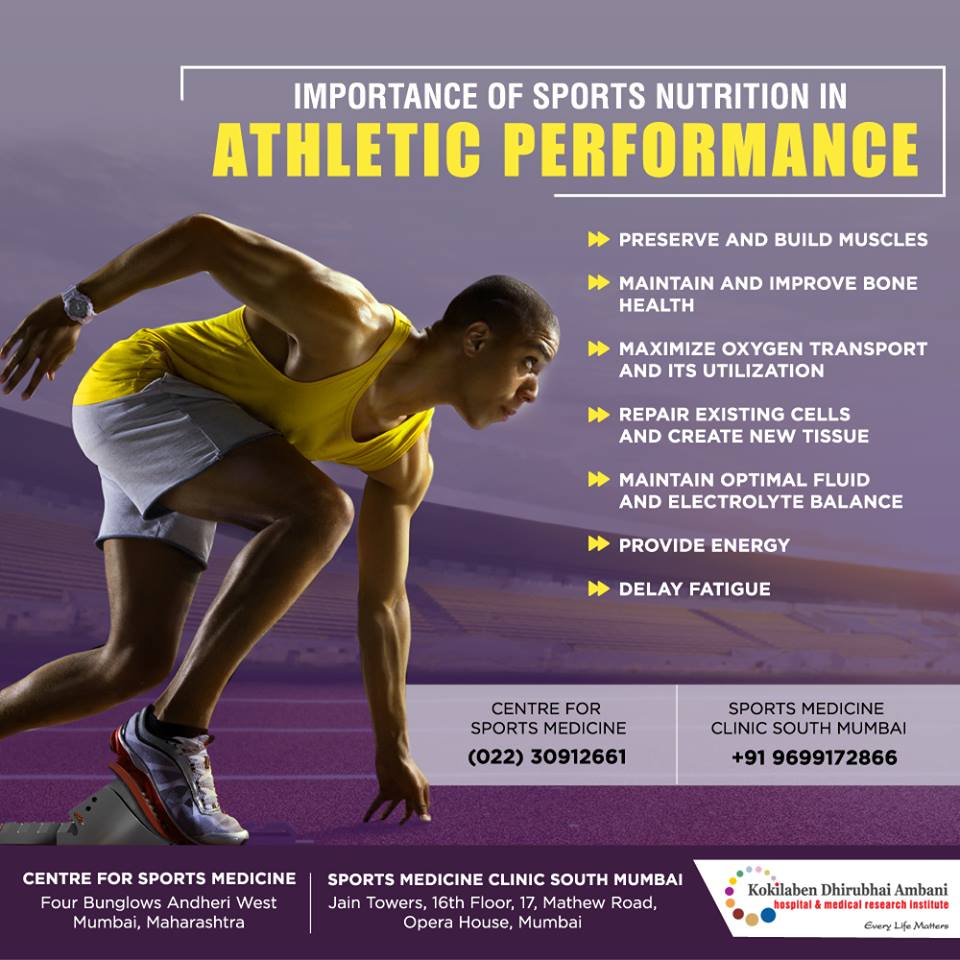Sports Nutrition - Questions
Sports Nutrition - Questions
Blog Article
How Sports Nutrition can Save You Time, Stress, and Money.
Table of Contents10 Simple Techniques For Sports NutritionSports Nutrition for DummiesNot known Incorrect Statements About Sports Nutrition Fascination About Sports Nutrition
Hydration condition is a crucial area of sports nourishment that can make a difference in performance. As you exercise, you lose liquids and electrolytes in the form of sweat, your body's method of cooling itself down. When engaging in continual high intensity workout, you need to restore fluids and electrolytes to avoid light to possibly extreme dehydration.Every extra pound (0.45 kg) shed equates to 16 oz (0.5 L) of fluid loss. You should eat the comparable amount of fluid to rehydrate prior to the next training session. It's additionally crucial to restore electrolytes during and after prolonged extreme exercise to prevent dehydration.
That said, taking into consideration that professional athletes typically have greater nutritional needs than the basic population, supplementation can be used to load in any kind of gaps in the diet plan. Some individuals pick to include healthy protein powder to their oats to improve their healthy protein material a bit. Carbohydrate supplements may aid receive your energy levels, particularly if you engage in endurance sporting activities lasting longer than 1 hour.
Numerous long-distance endurance athletes will certainly aim to eat 1 carb energy gel having 25 g of carbs every 3045 minutes during an exercise session longer than 1 hour. Sports drinks additionally commonly contain enough carbohydrates to preserve power levels, but some professional athletes choose gels to avoid too much liquid consumption during training or occasions, as this may result in digestive distress.
9 Simple Techniques For Sports Nutrition
In your body, beta-alanine serves as a building block for carnosine, a compound accountable for helping to decrease the acidic atmosphere within working muscular tissues throughout high strength workout. This might help professional athletes such as brief- to medium-distance joggers and swimmers.
Below are three of the leading sporting activities nourishment misconceptions and what the facts truly claim. While protein intake is an essential consider obtaining muscle mass, merely supplementing with healthy protein will not cause any substantial muscle mass gains. To promote notable adjustments in muscular tissue dimension, you need to consistently perform resistance training for an extensive period of time while seeing to it your diet regimen gets on point.
One more typical myth in sports nourishment is that eating near going to bed will certainly cause added fat gain. This is based on the presumption that since you're relaxing, your body is shedding fewer calories, so any food you top article eat will be stored as fat. While it's true that your body burns fewer calories at rest, this doesn't mean the food will immediately be stored as fat.
Sporting activity nutrition is the branch of and concentrated on people who practice extreme or endurance sports. Relying on the last goals of the sport and the training, will certainly stress various foods and diets. is needed due to the fact that the dietary needs of an athlete are various from those needed by a normal individual.
The Basic Principles Of Sports Nutrition

is one of the aspects that affect exactly how well a professional athlete does, in addition to their hereditary make-up and the training they do. The foods consisted of in offer three basic goals: Giving power Supplying issue for strengthening and fixing tissues Preserving and managing the metabolic rate There is no solitary for professional athletes; the depends upon the specific demands of each sporting activity and the type of body of the professional athlete.
Mix it up Consume a varied and well-balanced diet that supplies the correct amount of energy and necessary nutrients. Gas right Choose a range of food, consisting of foods which contain carbohydrates, based on the amount of workout you are doing and this page vary your intake as necessary. Aim for five Eat at the very least five sections of vegetables and fruit a day; fresh, icy, dried and tinned all count.
Protein needs to preferably be equally dispersed every 3 to 4 hours across the day. Researches show that the enhancement of 15-25g of protein to a post-workout dish or snack can boost glycogen storage, reduce muscular tissue pain and advertise muscle mass fixing. This can be whenever in the 24 hours after your workout, although you may see lower effects the longer you leave it.
6 Easy Facts About Sports Nutrition Shown

stamina athletes may choose to take creatine). Athletes curious about making use of a supplement here ought to speak with an accredited sports dietitian to guarantee they make use of the supplements safely and suitably. Training quantity and intensity can vary from daily and week-to-week, in addition to your competition routine. Consume and fuel your dishes according to exactly how difficult or very easy it is.

Report this page